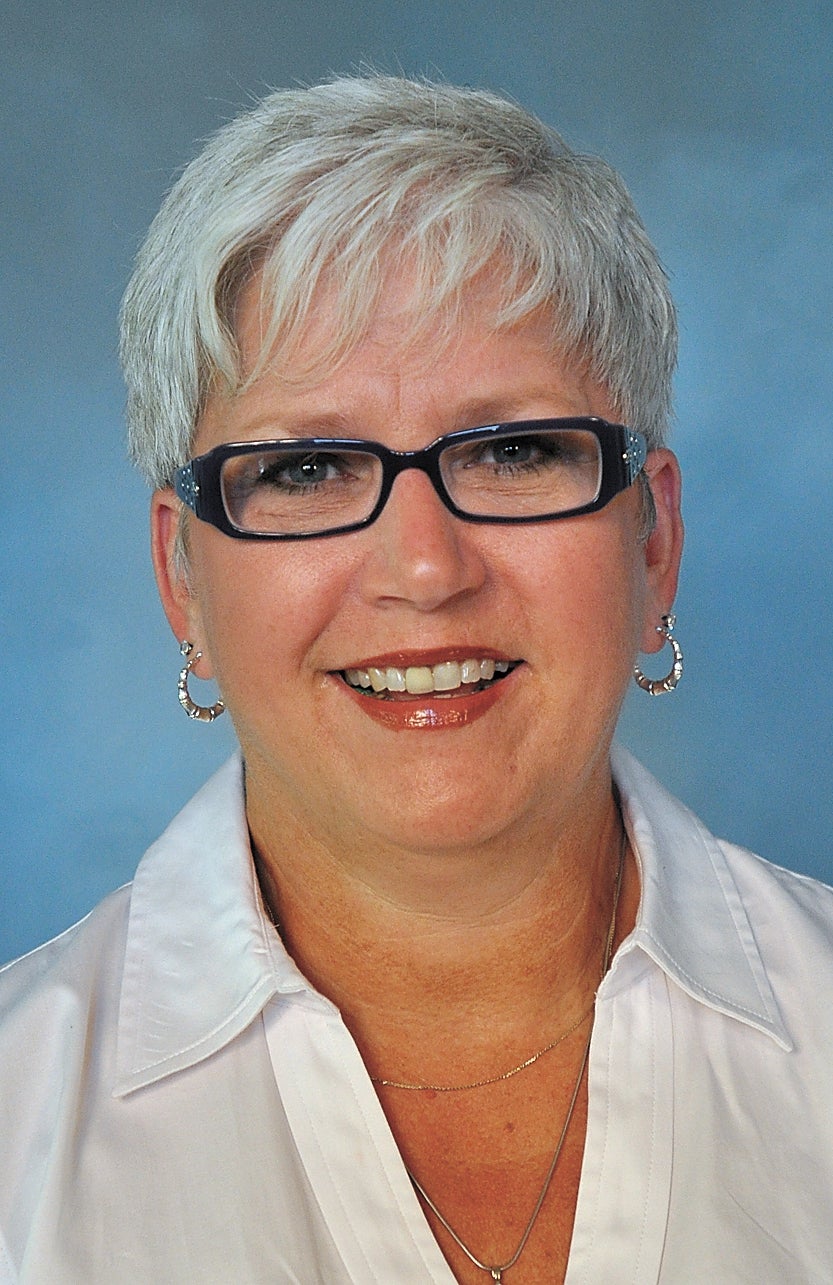Lisa Johns: Community garden could plant valuable seeds
Published 9:45 am Monday, July 17, 2017

- Lisa Johns
Our family has always loved a garden. Whether it be my father’s prize-winning roses or my mother’s gorgeous perennial bed of flowers, gardens have been a constant.
Many plants made a home in our backyard long before we were born. My parents, after being married five years, assumed there would be no children.
Then, like a bolt of lightning, three toddlers arrived and the beautiful flowers were relegated to the back fence line. Flower gardens were not conducive to swing sets and games of tag and hide and seek. The relocation would allow them to enjoy their flowers and give us room to play.
The Cuban Missile Crisis caused my parents and millions of other Americans to rethink their way of living. Those 13 days in October frightened us beyond belief. Shelters in basements with food, candles, water, and blankets were mandatory for most families.
Huge gardens were planted and large amounts of food were stored just in case a nuclear Armageddon would threaten the lives we knew. My parents and our neighbors shared the fear that most did in the 1960s, especially in 1962.
What I learned during those years and after was important — sharing.
We lived in a modest neighborhood. My father worked for Armco Steel Corporation for 47 years. My mother made our clothes and coats, knitted sweaters, and made drapes and slipcovers for our home.
That year (1962), my parents planted a huge garden. The rose bushes had been moved and our swing set had been strategically placed so as not to disturb the plants while we pretended to fly.
I specifically remember this year because my siblings and I got to plant our our miniature garden. We got to choose the tomato plants and we were allowed to choose a flower to plant as well. Dad tilled the soil, and in the dark, rich earth, we became full-fledged gardeners. It is a memory that is as vivid today as it was all those years ago.
Every neighbor had a garden on our street as well as fruit trees or berries. We had blackberries. The Gearhearts had grapes. The Wards had a huge orchard of various trees. We swapped food and fruit.
We bought a freezer from my grandmother’s friend for $25. We filled it full of beans, apples, corn and tomatoes. Momma made pickles from the cucumbers, canned kraut and pickled leftovers from the garden. No one had to beg for food or search dumpsters or panhandle. It was because everyone shared.
Perhaps, in our techno-savvy world, our fast-paced lives, and our overindulgences, we need to back up and be scared a little.
We put weedkiller on our lawns to destroy clover and flowering plants that are essential to bees.
We do not support our farmers because we have forgotten how to use vegetables and fruits to cook.
We don’t have community gardens. Wait! Why don’t we have community gardens?
If one of my fondest memories is my father tilling up that tiny piece of yard to grow a petunia and tomato plant, imagine what joy a child born in our world today would experience when they saw their plants grow, harvest the plants, cook a meal and eat the fruits of their labor.
Consider this — a huge plot of unused land where people interact, grow their own food, share recipes, share their food with those who want to grow their own food and share the excesses with those who are hungry.
What is even more remarkable is giving a child a piece of fruit or a handful of berries that has never tasted a fruit of any sort. Or teaching a mother how to use vegetables to feed her family and, in turn, feeding the minds of her children making them stronger emotionally and physically as well as teaching them the cycle of life.
Look back quickly to those 13 days in October. People were scared, worried about food, nuclear fall-out, and threat of 200 million Americans being annihilated.
The reality is even more eminent in today’s society. But think of the skills that we can teach our youth, our homeless, and our society as a whole, if we plant one seed, watch it grow, share the fruits of our labor, and create a memory that will last a lifetime.
Lisa Johns is a former teacher and librarian as well as an activist on revitalizing downtown Winchester.





